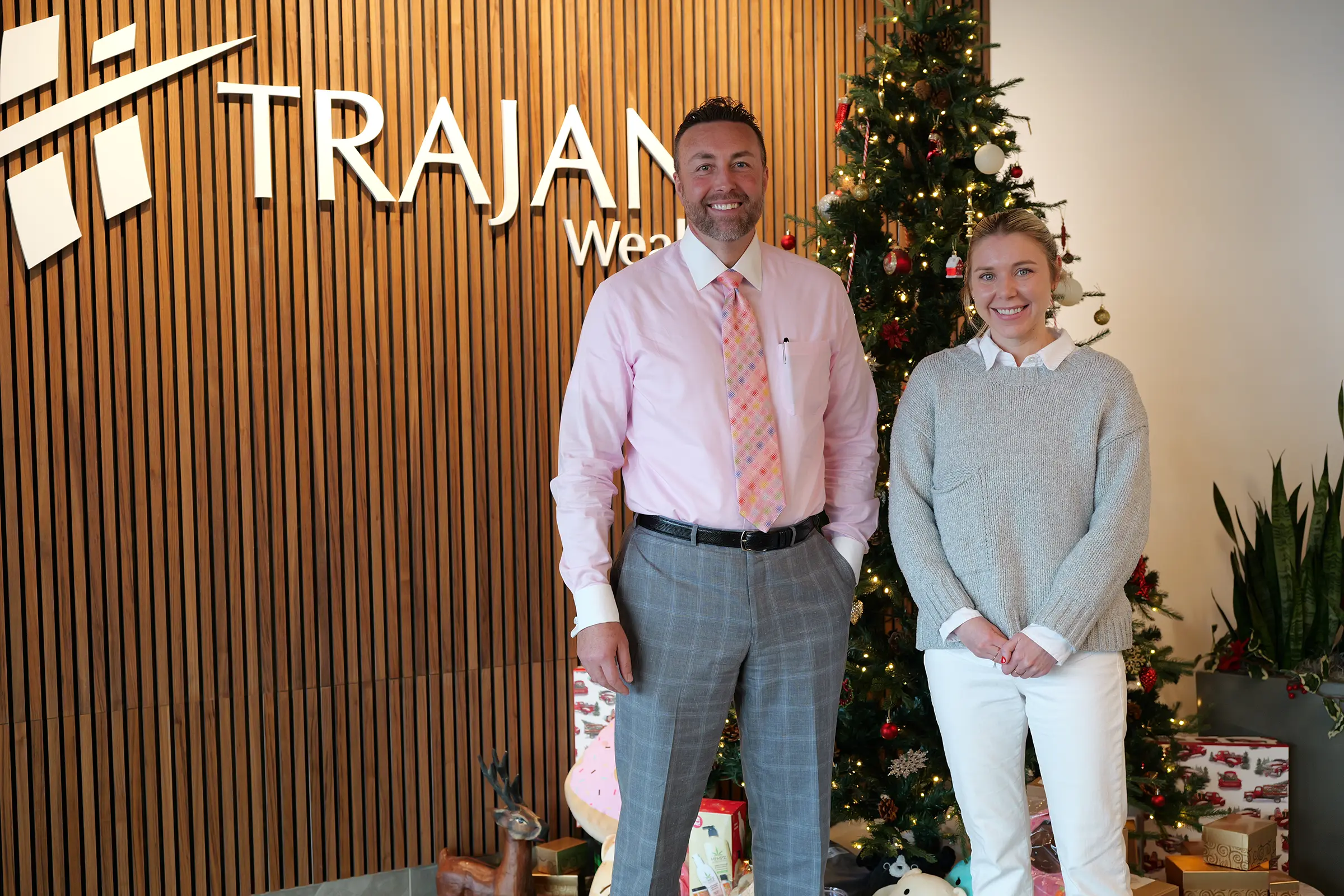Despite having a high income from owning a business or being an executive, these individuals can experience retirement savings problems. They have missed savings opportunities or put off financial planning. Often they assume that everything will work out with their retirement plan, and it can, but their high-income can hide the reality of a retirement savings deficit when their career ends. They failed in their early working years to consistently save, but why?
Many high-income and self-employed people often focus on the business being their retirement nest egg. The sale of the business being the funding source or an executive benefits package is sometimes an unknown in the early working years. Retirements today are different from the past since retirees desire the flexibility of choosing to work, volunteering, golfing daily, or doing anything they choose. This lifestyle is only possible if they have saved enough for retirement or are financially fortunate when they sell their business.
Consistent financial planning puts the self-employed and high-income executive in a better position to retire on their terms and when they choose. Here are some retirement plan ideas specific to these individuals:
- Maximizing a Solo 401(k) or SEP IRA each year allows self-employed earners to save more than in a traditional 401(k), but with some additional requirements. For the self-employed or executive, these retirement plan options are the most obvious way to save and should be considered regardless of the financial status of the business.
- Having a Deferred Comp Plan (DCP) allows larger deferral of compensation to help supplement other retirement savings plans later on. A strategically planned DCP creates the option to choose an IRS contribution limit determined by the employer’s corporate lower tax bracket or the employee’s higher personal tax bracket when determining contributions for each year.
- A Defined Benefit Plan (DB) Provides the opportunity to contribute to retirement benefits well ahead of retirement time. A DB plan is a qualified-benefit plan and differs from a pension fund where the payout amounts are often dependent on investment returns. In a DB plan payments are determined by a formula that considers the length of employment, salary history, and other factors. If poor investment returns result in a DB plan funding shortfall, the employer must tap into the company’s earnings to make up the difference.
For those that are self-employed, avoid putting all of your additional revenue back into your business. Choose to contribute to a retirement savings plan and avoid believing you can ‘always make it up later’ when it comes to financial planning and retirement savings. Having a high income enables you to save more, but only if you consistently engage in planning for your retirement.




